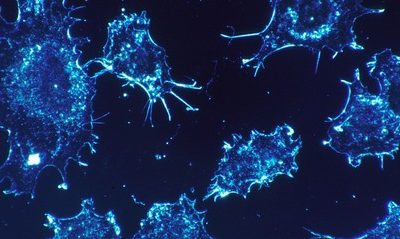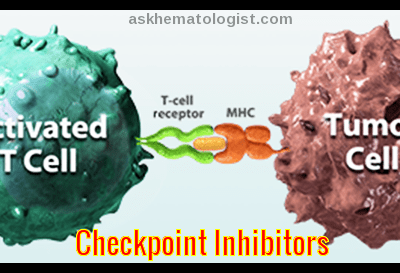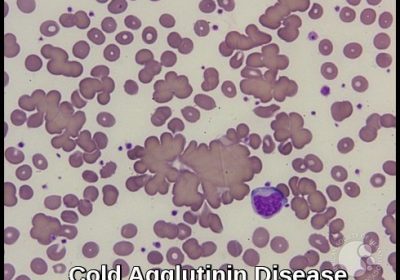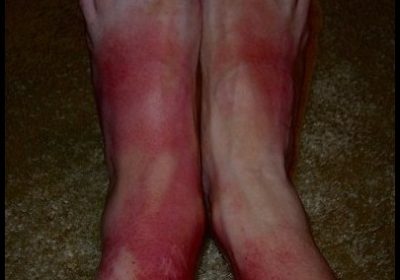Systemic Mastocytosis

Systemic Mastocytosis (SM): Symptoms, Diagnosis, and Management: Systemic Mastocytosis (SM) is a rare, complex hematologic neoplasm characterized by the uncontrolled accumulation of atypical mast cells in various internal tissues and organs, most commonly the bone marrow, spleen, liver, and GI tract. This chronic condition primarily affects adults. Because signs and symptoms, such as urticaria pigmentosa and anaphylaxis, vary widely based […]
Read more






